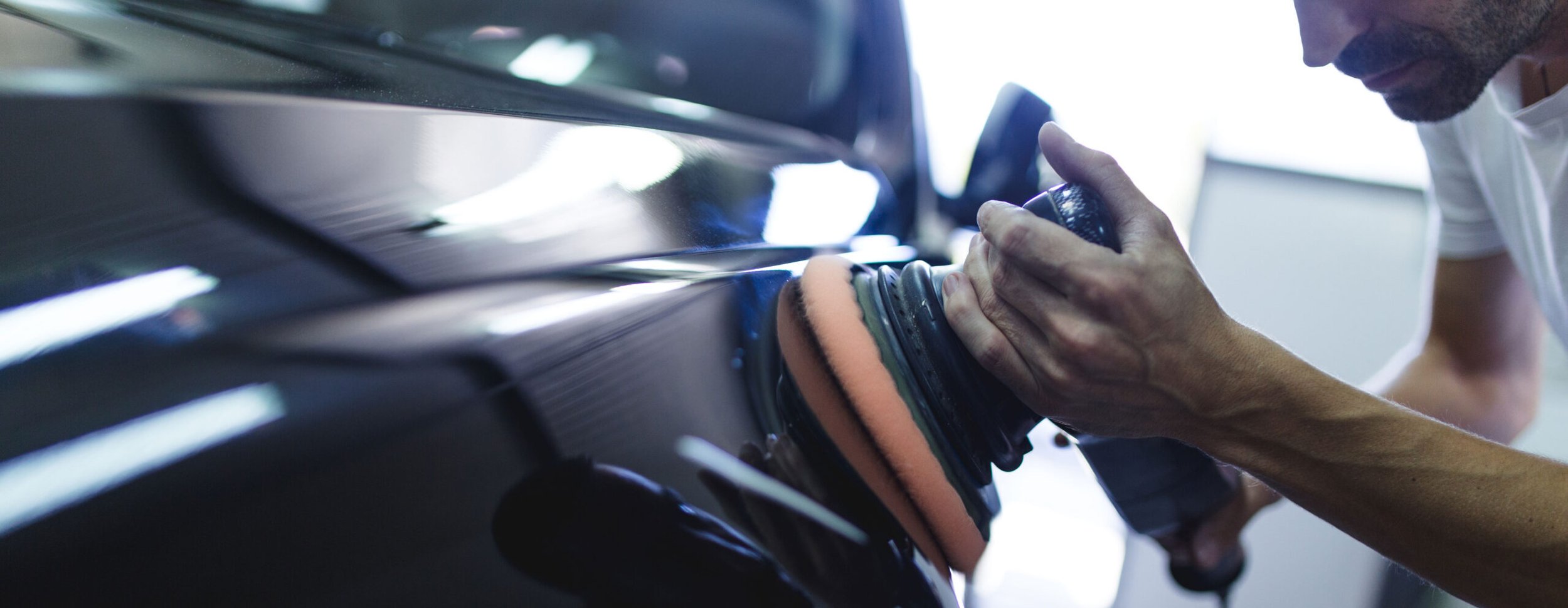
Auto Detailers
It is illegal to allow anything other than rain water to be discharged to a storm drain.
Never allow vehicle wash water, sealants, or other chemicals used to be transported to a street, gutter, parking lot, or storm drain. If discharged or disposed of improperly, materials such as hydrocarbons, oil and grease, and heavy metals can be harmful to water quality and creek habitats.
Individuals and businesses that improperly handle and dispose of non-stormwater materials down the storm drain are both subject to civil and criminal prosecution.
Cleaning products labeled “nontoxic” and “biodegradable” can still harm wildlife if they enter the storm drain system. These products are prohibited discharges to the storm drain system.
Best Practices:
Sweep the pavement where autos will be cleaned before you start.
Contain wash water and dispose of properly into the sewer system.
Temporarily block the storm drain inlet.
Use a berm to collect any discharge.
Use a specially designed mobile wash pad/containment pool.
Do a final rinse of any wet pavement with clean water. Make sure this water is collected.
Wastewater Requirements
An approved oil/water separator is required for engine cleaning wash water. A Wastewater Discharge Permit may be required. Check with your local municipality for specific requirements.
Are You Ready to Respond to a Spill?
Have a written plan.
Train employees annually on storm water regulations, spill response, personal safety, and hazardous waste handling and disposal.
Have spill cleanup materials onsite.
Have Safety Data Sheets for all products used.
For an emergency or a spill involving hazardous materials or hazardous waste call 911 or your local Fire Department.
For All Non-Emergency / Non-Hazardous Spills
To report a Non-Hazardous spill, or for other useful phone numbers, see Spill Numbers informational reference sheet for your local agency contact information or visit: www.streetstocreeks.org/spill-numbers/
